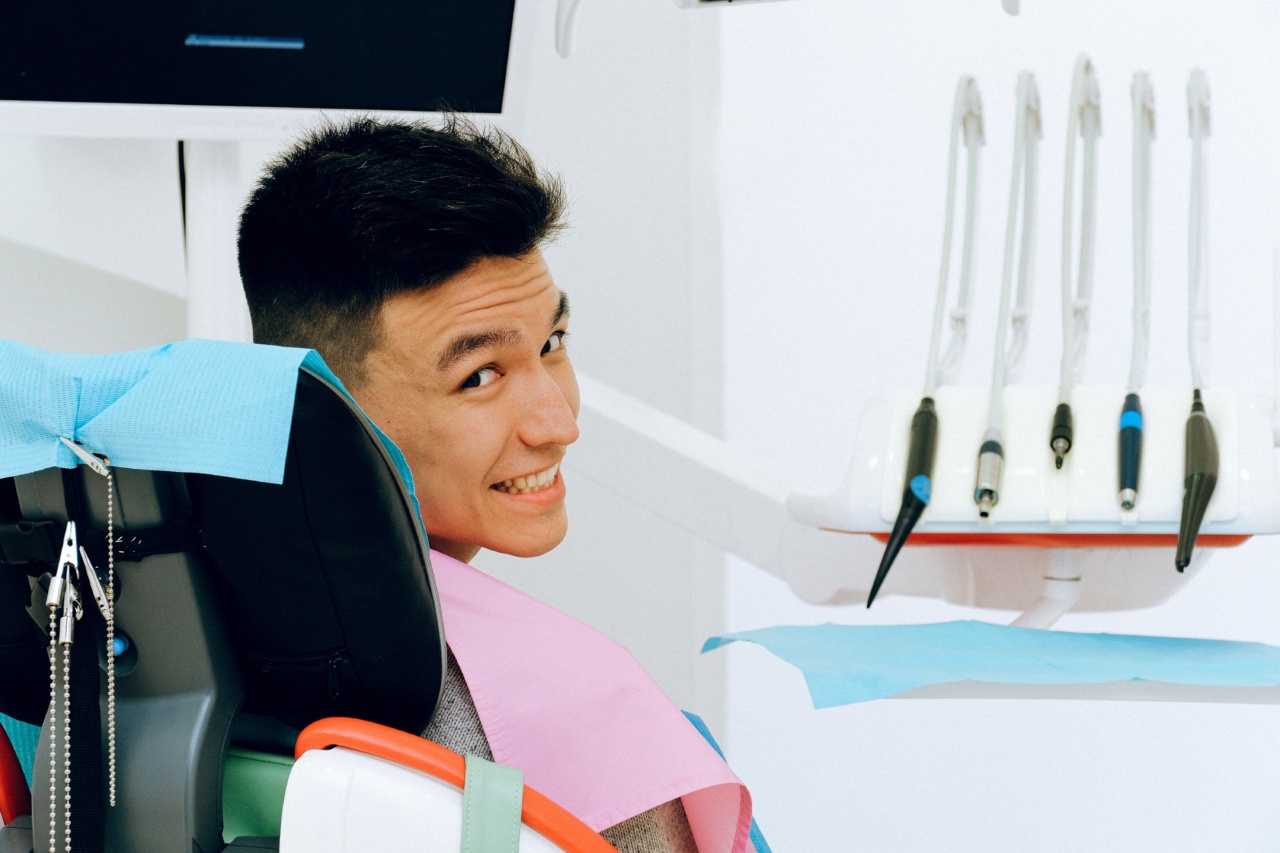Testosterone is a hormone primarily found in men that plays a crucial role in various bodily functions, including the development of muscle mass, bone density, and sexual function.
However, as men age, the production of testosterone tends to decline, resulting in a condition called low testosterone or hypogonadism. Testosterone therapy is often prescribed to older men to alleviate the symptoms associated with low testosterone levels and improve their quality of life.
The Benefits of Testosterone Therapy
1. Improved sexual function: One of the main benefits of testosterone therapy for men over 65 is the improvement in sexual function. Many men experience a decline in libido and erectile dysfunction due to low testosterone levels.
Testosterone therapy can help increase sexual desire, improve erections, and enhance overall sexual satisfaction.
2. Increased muscle mass and strength: Testosterone is known to promote muscle growth and development. A decline in testosterone levels can lead to a loss of muscle mass and strength, making it harder for men to perform daily activities.
Testosterone therapy can help increase muscle mass, strength, and physical performance, making it easier for older men to stay active and maintain their independence.
3. Improved bone density: Low testosterone levels can contribute to the development of osteoporosis, a condition characterized by weak and fragile bones. Testosterone therapy can help increase bone density and reduce the risk of fractures in men over 65.
4. Increased energy levels: Fatigue and low energy are common symptoms of low testosterone levels.
Testosterone therapy can help boost energy levels, improve mood, and enhance overall well-being, allowing older men to engage in daily activities with more vitality and enthusiasm.
5. Improved cognitive function: Some studies suggest a link between low testosterone levels and cognitive decline in older men.
Testosterone therapy may have potential benefits in improving cognitive function, including memory, attention, and spatial ability.
Risks and Side Effects
While testosterone therapy can provide numerous benefits, it is essential to consider the potential risks and side effects associated with this treatment option.
1. Prostate health: Prostate cancer is a concern for many men, especially as they grow older. Testosterone therapy may increase the risk of prostate problems, including enlarged prostate or prostate cancer.
Regular monitoring of prostate health is crucial when undergoing testosterone therapy.
2. Cardiovascular risks: There is some evidence suggesting a potential link between testosterone therapy and an increased risk of cardiovascular issues, such as heart attacks and strokes.
However, more research is needed to fully understand this association.
3. Fluid retention and edema: Testosterone therapy can sometimes cause fluid retention and swelling, particularly in the legs and ankles. This side effect is usually temporary and subsides on its own.
4. Sleep apnea: Testosterone therapy may worsen sleep apnea, a condition characterized by interrupted breathing during sleep. Men with a history of sleep apnea should be closely monitored while on testosterone therapy.
5. Skin reactions: Some men may experience skin reactions at the application site of testosterone gels or patches, including redness, itching, or irritation.
These side effects are typically mild and can be managed with proper application techniques and skincare.
Alternatives to Testosterone Therapy
Testosterone therapy may not be suitable for every older man, or some may prefer to explore alternative options before considering hormonal treatments. Here are a few alternatives that may help boost testosterone levels naturally:.
1. Regular exercise: Engaging in regular physical activity, such as strength training and cardiovascular exercises, can naturally increase testosterone production.
2. Healthy diet: A Mediterranean-style diet high in fruits, vegetables, whole grains, and lean proteins may promote healthy testosterone levels.
3. Weight management: Maintaining a healthy weight through a balanced diet and regular exercise can contribute to optimal hormone levels.
4. Stress reduction: High stress levels can negatively impact testosterone production. Incorporating stress reduction techniques, such as meditation, deep breathing exercises, or engaging in hobbies, can help maintain hormonal balance.
5. Vitamin D and Zinc supplementation: Some studies suggest that vitamin D and zinc deficiencies may contribute to low testosterone levels. Adequate intake of these nutrients may support healthy testosterone levels.
Conclusion
Testosterone therapy can be a valuable treatment option for men over 65 with low testosterone levels.
It offers various benefits, including improved sexual function, increased muscle mass, improved bone density, increased energy levels, and potentially enhanced cognitive function. However, it is essential for men to be aware of the potential risks and side effects associated with testosterone therapy and discuss them with their healthcare provider.
Additionally, exploring alternative options to naturally boost testosterone levels may be suitable for some individuals. Ultimately, the decision to undergo testosterone therapy should be made in consultation with a healthcare professional.































